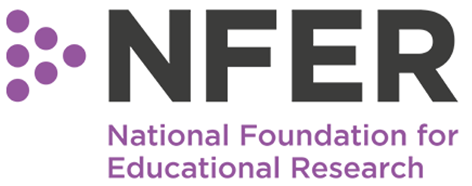June marks three years since the partial return to face-to-face learning in schools, after the first period of lockdown due to the Covid-19 pandemic. In the intervening years, schools have worked tirelessly to support children in their learning recovery.
In the latest edition of our Research Bites series for schools, we look at what the research tells us about pandemic-related attainment gaps in the primary-school age group and the recovery achieved so far. We hope this will help schools as they allocate scarce resources to supporting those children who remain vulnerable to the impacts of the pandemic on their learning.
Evidence suggests that schooling disruptions during the pandemic caused a slowing of progress for primary-aged pupils, creating a ‘Covid gap’. According to NFER’s summary of the evidence on attainment, by the end of 2020, all primary year groups appeared to have made less progress than in previous years in reading and mathematics.
The Spring 2021 partial school closures had a further negative impact, with evidence that the reading attainment of those children in Key Stage 1 in 2020/21 and the maths attainment of those in Key Stage 2 were particularly negatively affected.

